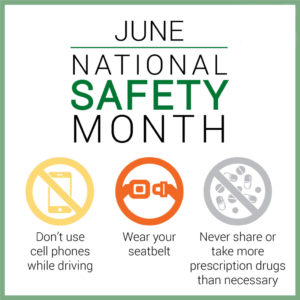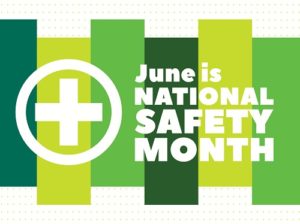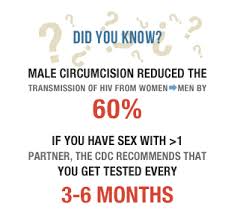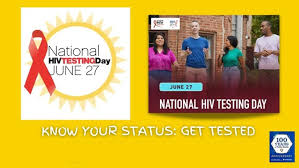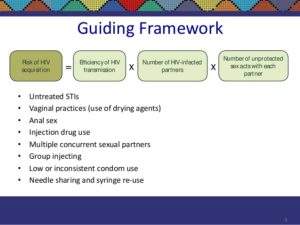
Acquired immunodeficiency syndrome (AIDS) is a chronic, potentially life-threatening condition caused by the human immunodeficiency virus (HIV). By damaging your immune system, HIV interferes with your body’s ability to fight infection and disease.
How HIV is transmitted:
HIV is transmitted via the exchange of body fluids—such as pre-ejaculate fluid, semen, vaginal fluid secretions, blood, or breast milk. Within these bodily fluids, HIV is present as both free virus particles and virus within infected immune cells.
The symptoms and when they develop:
Within a month or 2 of contracting HIV, about 40 to 90-percent of those afflicted suffer from flu-like symptoms including the following:
Fever, fatigue, achy muscles, swollen lymph glands, sore throat, headache, skin rash, dry cough, nausea, rapid weight loss, night sweats, frequent yeast infections (for women), cold sores, and eventually, pneumonia.
Symptoms
The symptoms of HIV and AIDS vary, depending on the phase of infection.
Primary infection (Acute HIV)
Some people infected by HIV develop a flu-like illness within two to four weeks after the virus enters the body. This illness, known as primary (acute) HIV infection, may last for a few weeks. Possible signs and symptoms include:
- Fever
- Headache
- Muscle aches and joint pain
- Rash
- Sore throat and painful mouth sores
- Swollen lymph glands, mainly on the neck
- Diarrhea
- Weight loss
- Cough
- Night sweats
These symptoms can be so mild that you might not even notice them. However, the amount of virus in your bloodstream (viral load) is quite high at this time. As a result, the infection spreads more easily during primary infection than during the next stage.
Clinical latent infection (Chronic HIV)
In this stage of infection, HIV is still present in the body and in white blood cells. However, many people may not have any symptoms or infections during this time.
This stage can last for many years if you’re not receiving antiretroviral therapy (ART). Some people develop more severe disease much sooner.
Symptomatic HIV infection
As the virus continues to multiply and destroy your immune cells — the cells in your body that help fight off germs — you may develop mild infections or chronic signs and symptoms such as:
- Fever
- Fatigue
- Swollen lymph nodes — often one of the first signs of HIV infection
- Diarrhea
- Weight loss
- Oral yeast infection (thrush)
- Shingles (herpes zoster)
- Pneumonia
Progression to AIDS
Thanks to better antiviral treatments, most people with HIV in the U.S. today don’t develop AIDS. Untreated, HIV typically turns into AIDS in about 8 to 10 years.
When AIDS occurs, your immune system has been severely damaged. You’ll be more likely to develop opportunistic infections or opportunistic cancers — diseases that wouldn’t usually cause illness in a person with a healthy immune system.
The signs and symptoms of some of these infections may include:
- Sweats
- Chills
- Recurring fever
- Chronic diarrhea
- Swollen lymph glands
- Persistent white spots or unusual lesions on your tongue or in your mouth
- Persistent, unexplained fatigue
- Weakness
- Weight loss
- Skin rashes or bumps
When to see a doctor
If you think you may have been infected with HIV or are at risk of contracting the virus, see a doctor as soon as possible.
So what is the answer to prevent this from happening by doing a few things:
-In safe sex from the front (through the vagina) or back (through the rectum-buttock); no matter what sex preference you are.
-When you use various sex partners get checked every 6 months to a year and have sex safely.
-The + HIV pt or now AIDS pt be compliant with the medications and RX the M.D. gives you if you chose not to do so previously.
Unfortunately like many who chose to do unsafe sex in getting this or worse than that those who got the disease by getting it through someone else when they didn’t have it is a shame. Other ways of transmitting HIV/AIDS or getting it is by getting a blood transfusions (which is rare) but seen more frequently than transfusions would be sharing needle sticks, or even sex partners who didn’t tell their sex partner they had it, which it the worst someone could do to someone else. There are the those who got this disease innocently with not doing unsafe sex but for that percentage it is much lower than those who caused this disease to spread unsafe sex or sharing needles with others who had the HIV/AIDS which caused the amount to go up higher in the USA and all over for being foolish. To all the people in the world let’s deal with this disease safely for yourselves and others around you. Let us all make a safer world for this is one small way which is greater than you may think.
HIV is a sexually transmitted infection (STI). It can also be spread by contact with infected blood or from mother to child during pregnancy, childbirth or breast-feeding. Without medication, it may take years before HIV weakens your immune system to the point that you have AIDS.
There’s no cure for HIV/AIDS, but medications can dramatically slow the progression of the disease. These drugs have reduced AIDS deaths in many developed nations. Luckily, many individuals who are diagnosed early can live a long, productive life with HIV thanks to a combination of highly active anti-retroviral drug therapy, which prevents to progression to AIDS.
